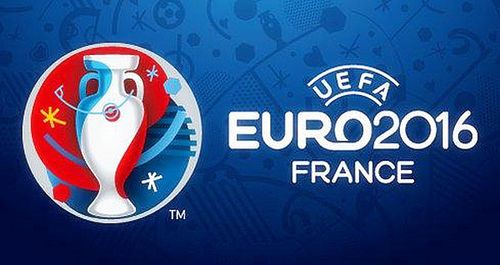哪里可以欧洲杯下注
681
2024 / 06 / 13
The European Football Championships, commonly referred to as the "Euro," is one of the most prestigious tournaments in the world of soccer. It brings together the best national teams from across the continent to compete for the coveted title. The term "Euro" is not just a shortened form of the tournament's name; it is a symbol of unity, competition, and the passion for football that unites millions of fans across Europe. In this article, we will explore the pronunciation of "Euro," its significance in the context of the tournament, and the cultural impact it has on the European community.
The term "Euro" is pronounced with a short 'u' sound, similar to the pronunciation of the word "you." It is spoken as /ˈjʊərəʊ/ in the International Phonetic Alphabet (IPA). The pronunciation is straightforward, with the emphasis on the first syllable, which is "Eu." The second syllable, "ro," is pronounced with a soft 'o' sound. It is important to note that the pronunciation remains consistent across different European languages, although the spelling might vary slightly.
The European Football Championships were first held in 1960 under the name "UEFA European Nations' Cup." The tournament was rebranded as the "UEFA European Championship" in 1968, and the term "Euro" became a popular shorthand for the event. The tournament's name reflects its European identity, and the use of "Euro" encapsulates the continental scale of the competition.
The "Euro" is significant not only as a sporting event but also as a cultural phenomenon. It represents the coming together of diverse nations in a spirit of friendly competition. The tournament fosters a sense of European identity and solidarity, transcending national boundaries and political differences. Fans from different countries come together to celebrate their shared love for football, making the "Euro" a unifying force in Europe.

The "Euro" has a profound cultural impact on the participating countries and beyond. It is a time when national pride is on display, and the colors of each country's flag become ubiquitous. The tournament also influences fashion, music, and social trends, with fans adopting the colors and symbols of their national teams.
Moreover, the "Euro" serves as a platform for emerging talents to showcase their skills on the international stage. It is often a stepping stone for players who go on to become global stars. The tournament's influence extends to the business of football, with clubs scouting for new talent and sponsors seeking to align themselves with the event's prestige.
The pronunciation of "Euro" is simple yet carries a wealth of meaning and emotion for football fans across Europe. It is a term that encapsulates the spirit of the European Football Championships, a celebration of unity, competition, and the beautiful game. As the tournament continues to grow in stature and popularity, the term "Euro" will undoubtedly remain a central part of the European football lexicon, symbolizing the passion and pride of a continent united by sport.
In conclusion, the "Euro" is more than just an abbreviation for the European Football Championships; it is a cultural touchstone that resonates with millions of people. Its pronunciation, while straightforward, is a key part of the tournament's identity and legacy. As the "Euro" continues to captivate audiences and inspire players, its significance will only grow, solidifying its place as one of the most important events in the world of football.
